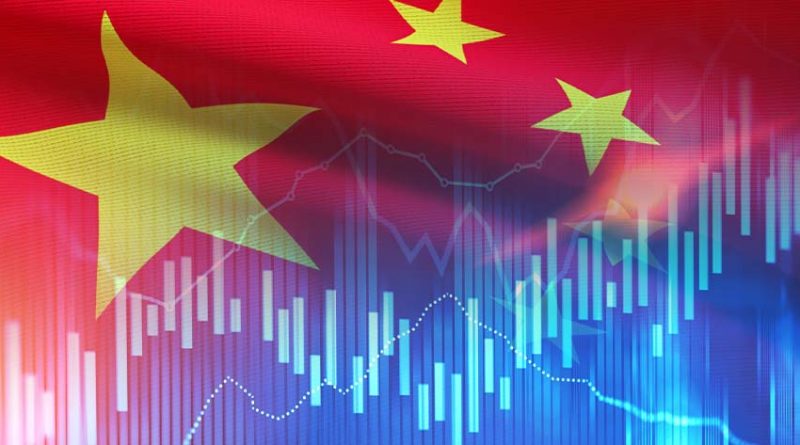The Chinese Stock Market’s Greatest Surge since 2015
Thaddius Gamueda
Staff Writer
Over the past week, the Chinese Stock market has seen its greatest surge since 2015 and is in a bull market scenario. This surge has seen a 16% increase in the CSI 300 Index (the 300 most traded stocks on the Shanghai Exchange), and in total, the Shanghai and Shenzhen markets are trading at a total market cap of 2.59 trillion Wan amount ($368.78 Billion). Consequently, Goldman Sachs issued a new rating stating the Chinese surge is expected to culminate in a 20% upside. There is now a bullish sentiment around China’s market this week, but the one thing on everyone’s minds is, will this surge last?
What Led to this Surge?
The real estate market in China is responsible for a fifth of China’s economy. In China, the population is 1.4 billion people and there are 80 million homes up for sale. Although there is enormous supply of homes, the demand for these homes is at an all-time low and has hindered China’s economy in recent years. China’s economy has struggled because of this, but a new stimulus package proposed by the Chinese government hopes to rewrite this grim outlook. The People’s Bank of China governor, Pan Gongsheng, spoke to the public and stated that interest rates would be cut. The bank also announced plans to refinance existing mortgages starting November 1st. The stimulus package aims to lift the economic growth to their target of 5%. Although this target is seen as unlikely to be met, a third of China’s GDP is in its real estate and these changes create a positive feeling about the economy and its future. This package has led to three major cities: Shanghai, Guangzhou and Shenzhen, reported to loosen their homebuying restrictions. Some changes include decreased taxes on property and decreased downpayments on properties. The combined efforts have led to an economic surge that has seen a shift in the global economy as well.
How has the Surge Affected the U.S. Stock Market?
Hedge funds that have large stake in the Chinese economy saw 25% returns on investments in September alone. Many hedge funds that were shorting Chinese Stocks lost out on a monumental boom. Global hedge funds have begun to flock over to Chinese stocks because of the recent surge. Goldman Sachs is joining the camp of optimists on the Chinese market, raising their forecasts to a 15-20% growth. Because of this newfound confidence in the Chinese Market, Goldman Sachs Group Inc’s hedge fund clients made their largest weekly net of buying Chinese equities since 2016. All the buzz because of the surge has led to U.S. equities to be sold off quickly in the past week and led to dropping prices on them. But does this mean that you should sell off all your U.S. assets in favor of this expanding foreign market?
Should Investors Start Investing in the Chinese Market?
The Chinese stock market is seeing unprecedented growth as of now, but these investments should be seen more as short-term investments because of the volatility and history of the Chinese economy. Many Chinese ETF’s have returned at least 16% and up to 37% in the last week. Chinese ETF’s have seen an inflow of $2.4 billion in the last three trading sessions, which is a stark contrast from the rest of the year where there was a $2.7 billion outflow.
Although this recent spark may seem enticing, investors should still understand that the CSI 300 is down 9% on the year and is down 40% from its previous high in 2021. The 2015 surge was caused by the Chinese government calling its citizens to invest in the stock market, which created a bubble. Once this bubble burst, it led to a stock market crash because of the government’s heavy involvement in the economy. Even with rising labor income today, total household consumption is only at 38%, whereas in other developed countries, the total household consumption is around 60-70%. This fact leads to very volatile financial stability and leads to unpredictable fluctuations and steady declines in the market. There are some mirroring aspects of this new surge with this past one that investors should be cautious about. This surge should be seen as a time to test the waters with the Chinese stock market, not make an all-in bet.
Contract Thaddius at Thaddius.Gamueda@student.shu.edu

